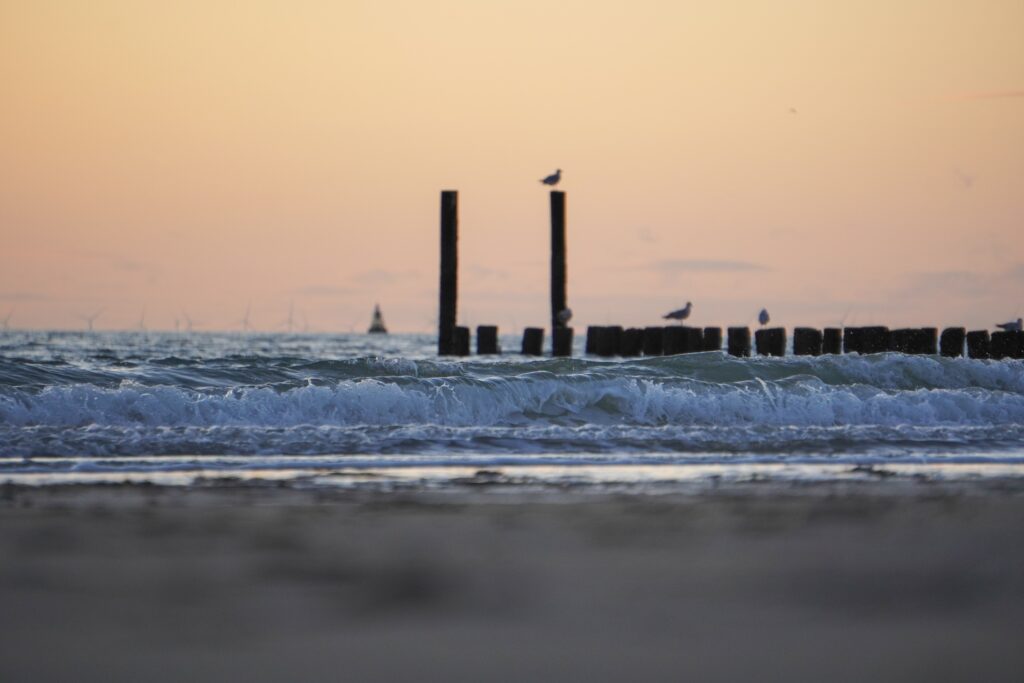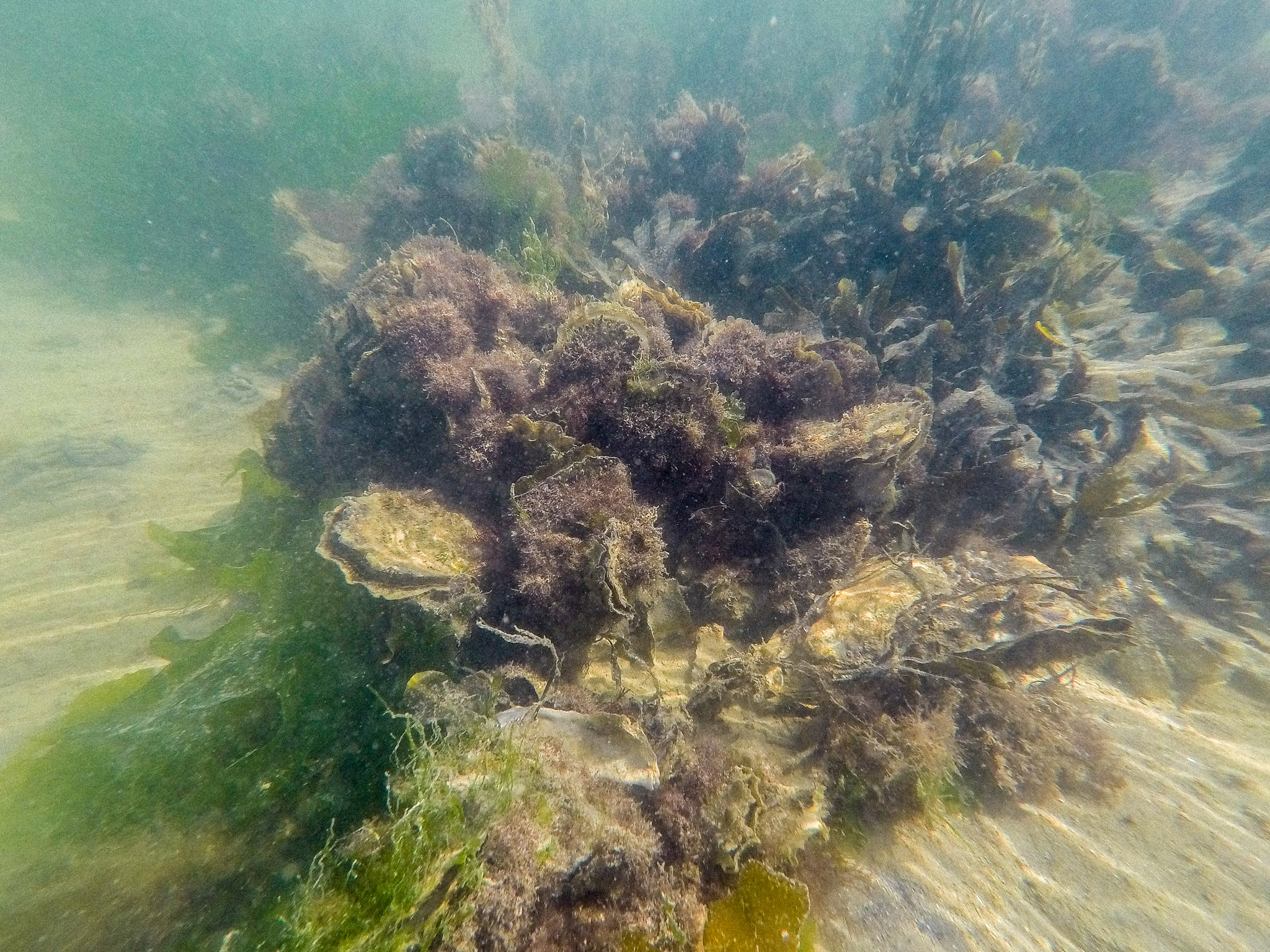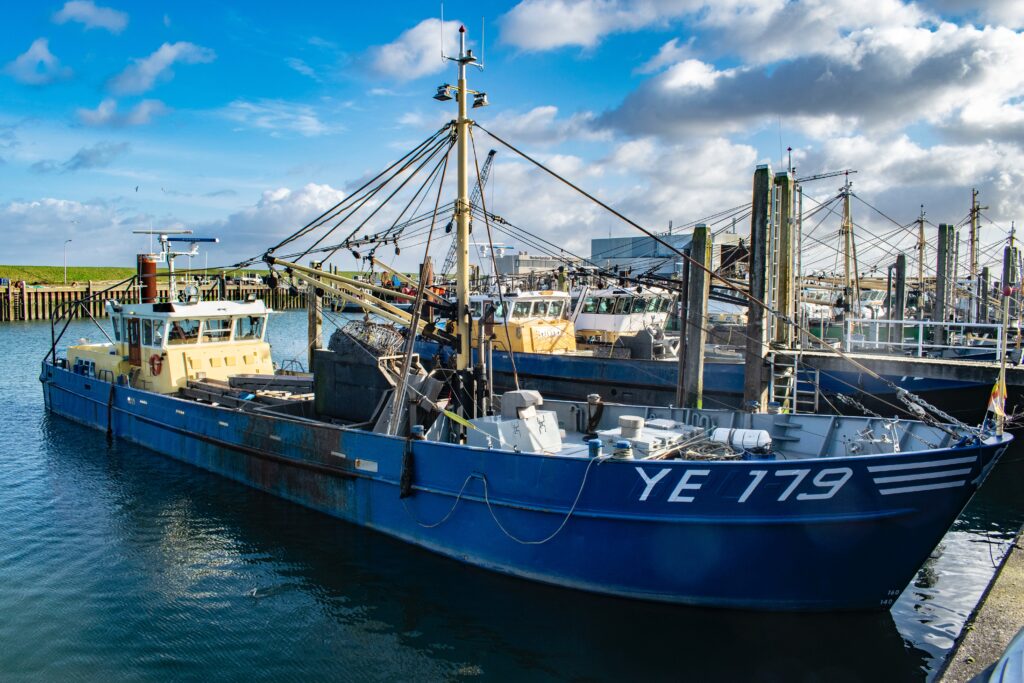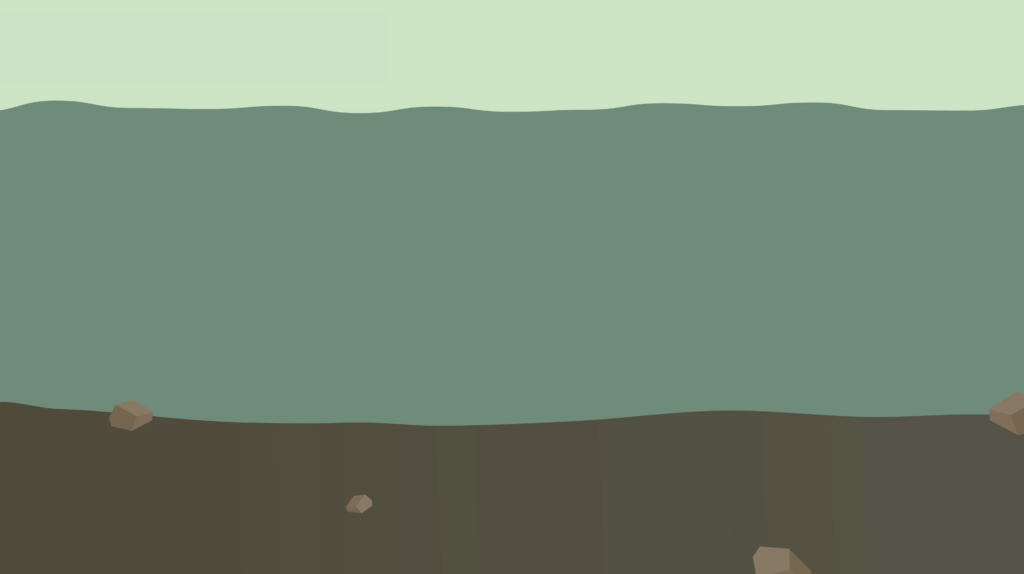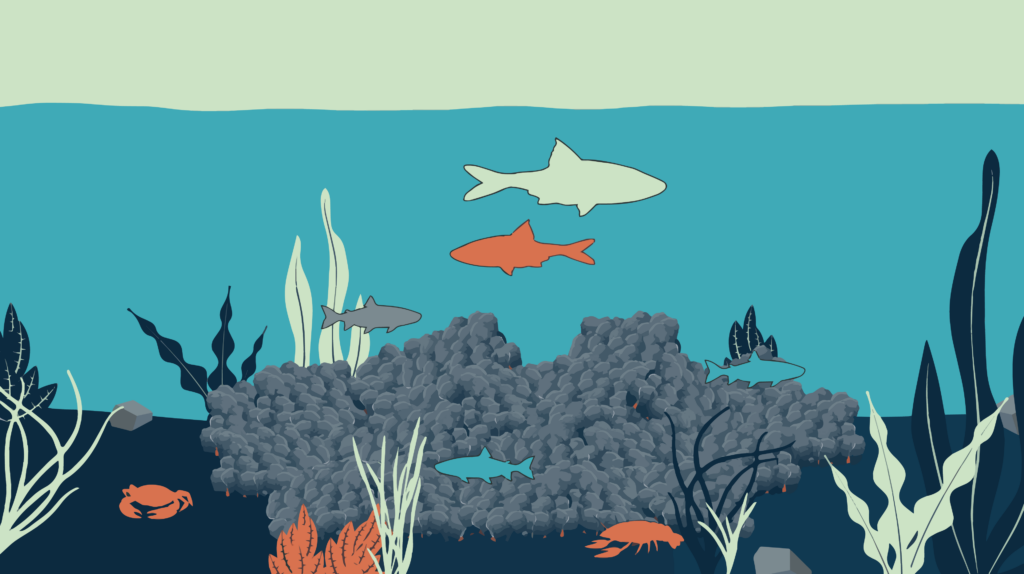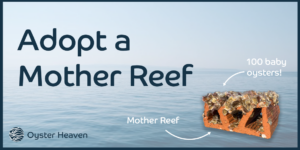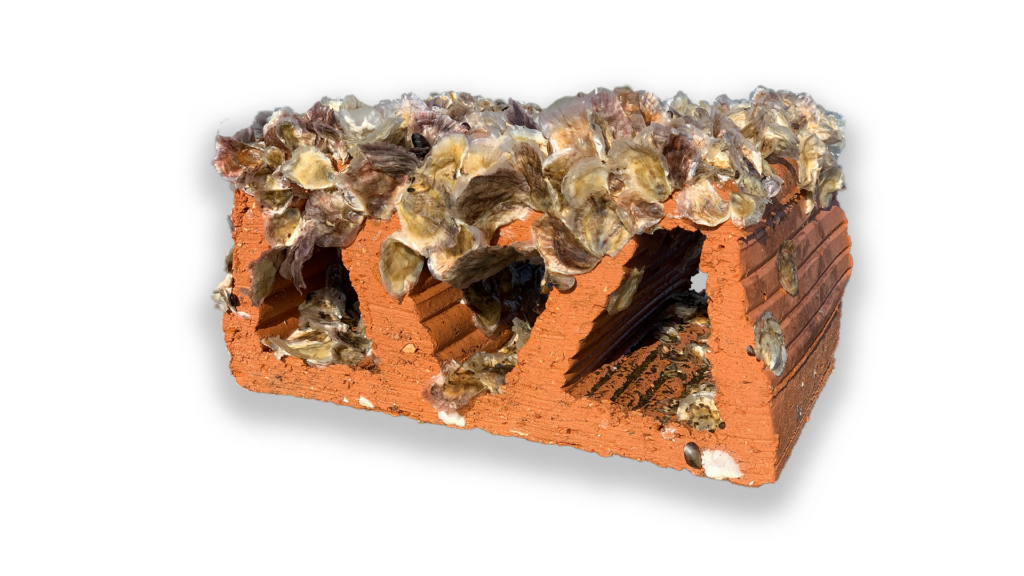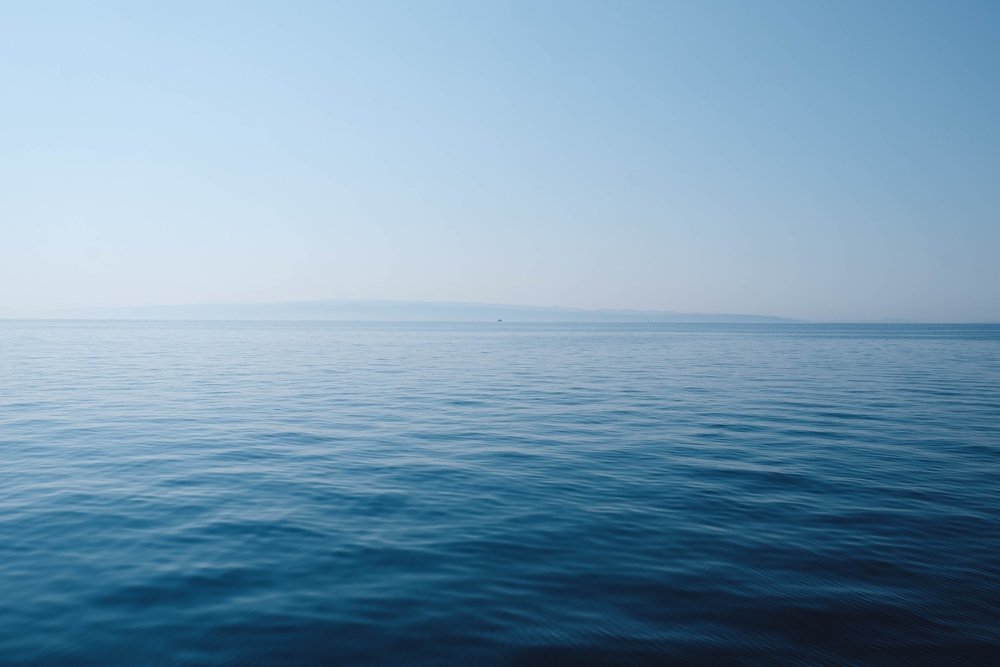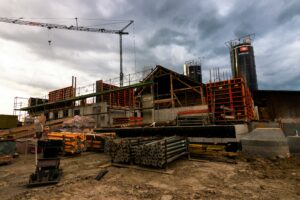
Can oyster reefs help real estate developers?
Can oyster reefs help real estate developers meet nitrogen regulations? Excess nitrogen pollution has stalled housing projects, but oyster reefs act as natural biofilters, removing nitrogen from water. At Oyster Heaven, we build large-scale reefs with our patented Mother Reef technology, restoring marine habitats while supporting sustainable development.

